Τελεολογία, Μηχανισμός, και η έννοια του ενδεχομένου στην αριστοτελική φιλοσοφία: Προϋποθέσεις για την ανθρώπινη παρέμβαση
Ενότητα:
Άρθρα του περιοδικού "Φιλοσοφία"
Χρονολογία έκδοσης περιοδικού
2013
Περισσότερα...
Τύπος
Επετηρίδα
Συγγραφέας
Κωνσταντινίδη , Ντένη
Περισσότερα...
Τίτλος άρθρου/ανακοίνωσης
Τελεολογία, Μηχανισμός, και η έννοια του ενδεχομένου στην αριστοτελική φιλοσοφία: Προϋποθέσεις για την ανθρώπινη παρέμβαση
Γλώσσα: Ελληνικά, Νέα (1453-)
Θεματική ενότητα άρθρου/ανακοίνωσης
Ιστορία της Φιλοσοφίας
Γλώσσα άρθρου
Ελληνικά - Νέα (1453-)
Αγγλικά
Περίληψη άρθρου
The aim of this paper is to propose a method for approaching the aristotelian ethical principle of the human intervention on the world through the connection of concepts such as causality, teleology, necessity and chance outside ethics. My point of view is holistic, in that it is grounded on various works of Aristotle, insisting on Physics and On Interpretation. The physical framework emphasizes on the superior position of teleology which coexists with necessity and chance as well. On the other hand, the semasiological examination of the future statements proves that the logical necessity and the predetermination of many future facts should be abandoned for the sake of human deliberation and action. The contingent is the condition under which human agents can deliberate, choose, act and change the flow of things. People can decide about facts, because facts are not predetermined. The only «pre-determination» both of natural processes and of human actions is the teleological one, in that everything is necessarily characterized by the perspective of its ultimate goal. The teleology of human action still combines freedom, since the means to be taken to fulfill the goal are a matter of decision and choice.
Λέξεις -κλειδιά
Τελεολογία
Μηχανισμός
Ενδεχόμενο
Αριστοτελική Φιλοσοφία
Αριστοτέλης
Ανθρώπινη παρέμβαση
Creative Commons
Αναφορά Δημιουργού - Μη Εμπορική Χρήση - Παρόμοια Διανομή 4.0 Διεθνές - CC BY-NC-SA

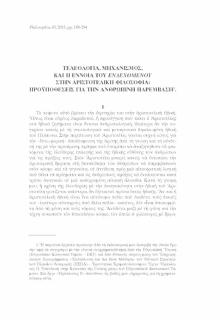
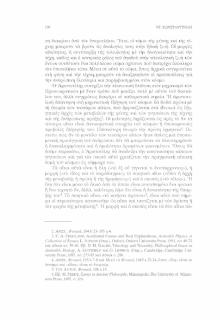
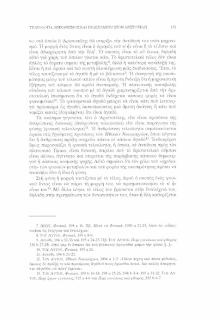
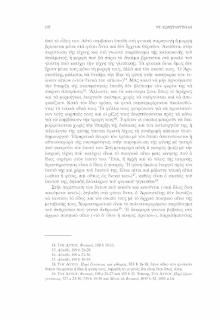
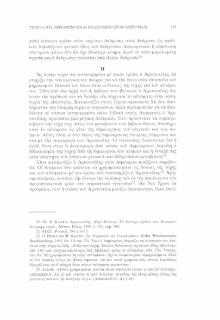
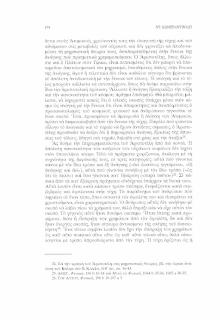
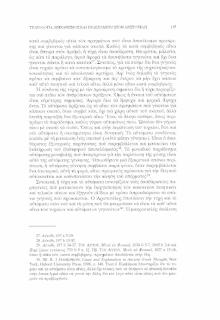
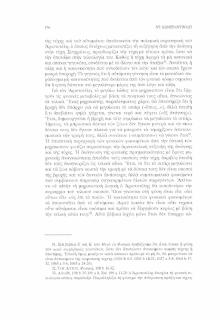
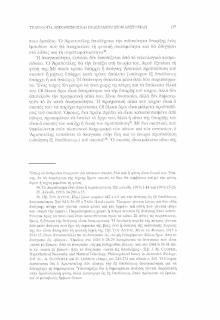
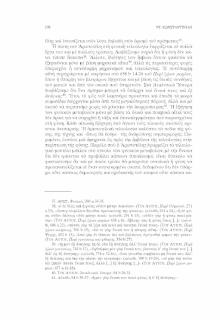
 Voir le fichier PDF
Voir le fichier PDF